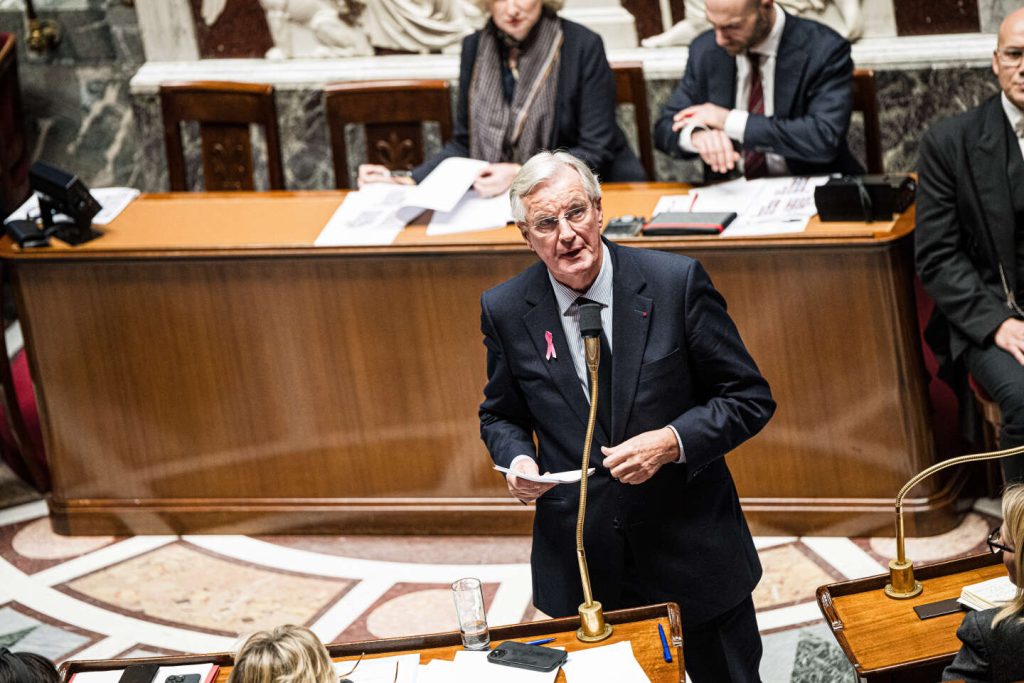In his general policy speech at the National Assembly in Paris on October 1, 2024, Prime Minister Michel Barnier announced that despite the serious deterioration of public accounts and pressure from some members of parliament, he has decided not to push for a supplementary budget law to be voted on by the end of the year. This decision was deemed too complicated politically and not absolutely necessary financially by the government. This information was confirmed by Le Monde on October 5. The introduction of a supplementary budget law, also known as a “budget amendment,” was seen as a common-sense solution to address the widening public deficit by allowing significant modifications to the state budget adopted in December.
Back in February, when it became evident that the 2024 budget would be challenging to maintain, then Minister of the Economy Bruno Le Maire advocated for the passing of a supplementary budget law before the summer. However, President Emmanuel Macron rejected this proposal to avoid casting a shadow over the European election campaign in June with negative news about the public accounts. Despite this setback, Le Maire remained in his position and sought to address the situation through other means, such as canceling 10 billion euros in credits through a decree in February and temporarily freezing 16.5 billion euros in expenses in July.
As the public deficit continued to increase, reaching a projected 6.1% of GDP for the year instead of decreasing as initially anticipated, the need for a supplementary budget law became even more urgent upon Michel Barnier taking office on September 5. Such a law would have allowed for a significant reduction in expenses by permanently canceling several billion euros in credits. It would have also provided an opportunity to raise certain taxes in 2024, such as the tax on electricity company profits, or tax share buybacks, without waiting until 2025. Additionally, a supplementary budget law would have enabled Barnier to immediately implement his proposed economic and budgetary policy realignment.
In recent weeks, many officials, including Bruno Le Maire, have urged the new Prime Minister to consider the option of a supplementary budget law. Le Maire has emphasized the urgency of the situation, stating that action cannot be delayed until 2025. Charles Sitzenstuhl, a loyal Macronist deputy from Bas-Rhin, has also supported this view. Eric Coquerel of La France insoumise, the president of the finance committee in the National Assembly, has called for budget decisions to be discussed in Parliament rather than implemented through decrees or ordinances. However, as the situation continues to evolve, the decision to forgo a supplementary budget law remains in place, despite the growing concerns over the state of public finances.















